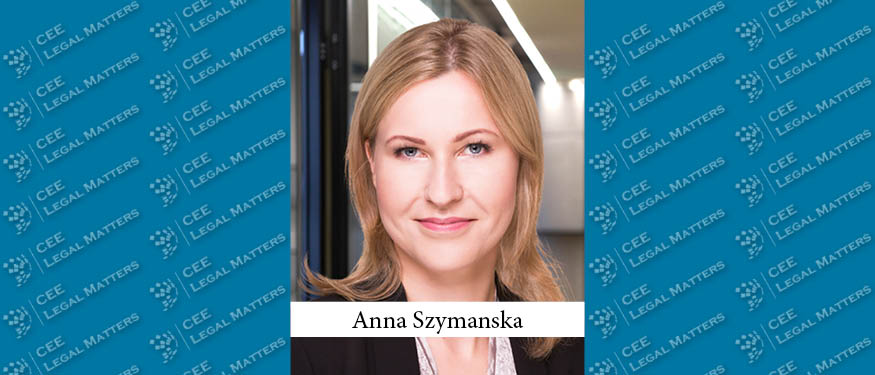The new Law on Electronic Communications, published on April 29, 2023, in the Official Gazette of the Republic of Serbia no. 35/23, went into force on May 7, 2023. With the entry into force of the new law, the previous Law on Electronic Communications ceases to be valid (“Official Gazette of the Republic of Serbia”, nos. 44/2010, 60/2013, 62/2014 and 95/2018) except for certain provisions related to the secrecy of electronic communications, legal interception, and retention of data, as well as other specific provisions that will be valid until the adoption of by-laws prescribed by the new Law on Electronic Communications.
The Law on Electronic Communications (“Law”) has been vastly harmonized with the European Electronic Communications Code (“EECC”) and it is believed that it will create a modern business environment according to the EU standards, accompanied by positive effects on the economy and citizens’ standard of living.
Aim
The aim of the Law is creating conditions for the even development of electronic communications throughout the territory of the Republic of Serbia and encouraging connectivity, access, wide availability and use of new generation networks (5G), especially very high capacity networks, including fixed, mobile and wireless networks, protection of competition in the provision of electronic communication networks, as well as ensuring constant improvement of the quality of electronic communications services.
Novelties introduced by the Law
Some of the most significant novelties for business entities and citizens introduced by the Law are:
Encouraging wider connectivity to the internet through country
The Law prescribes the role of the Government in terms of closer regulation and undertaking incentive measures for the development of broadband communication infrastructure in rural areas of the Republic of Serbia, ensuring the provision of electronic communication services, especially universal service to certain categories of consumers (socially vulnerable consumers, etc.).
Regulatory treatment of new very high-capacity network elements
The Law introduces provisions that regulate co-investment in very high-capacity networks and the regulatory treatment of very high-capacity network elements.
New mandatory obligation of investors
The Law introduces the obligation of investors, when constructing or reconstructing buildings with several business or residential units, to build the first collection or distribution point of the network inside the building or outside it in order to enable access to the infrastructure inside the building.
The approach to the radio frequency spectrum and numbering has been improved, which encourages the introduction of new services and increases competitiveness on the market
The Law emphasizes the neutrality of the right to use radio frequencies, that is, the right to use radio frequencies that are not subject to restrictions in terms of technology, as well as in terms of the types of electronic communication services provided. A more consistent distribution of the radio-frequency spectrum will ensure the timely and appropriate availability of the spectrum for the application of the 5G network, which is currently not provided in Serbia.
Possibility of assigning a numbering range to entities which do not perform the activity of electronic communications
The Law prescribes the possibility of assigning a numbering range to entities which do not perform the activity of electronic communications, such as IoT service providers for the provision of special services (smart homes, smart cars, etc.) with a potentially very large user base, and enables, if it is technically possible, long-distance number portability, in order to make it easier for end users to change operators, especially with M2M services.
Obligation of operators to issue invoices in electronic form
The Law introduces the obligation of issuing invoices in electronic form. The provider of a publicly available electronic communication service issues an invoice to the end user in electronic form without the need for the end user’s prior consent. This will reduce costs and will have a positive impact on the environment.
Mandatory registration of prepaid service users
The Law introduces the registration of users of the public mobile communication network who use the prepaid service. The main goal of introducing registration is, first of all, to prevent misuse of electronic communications.
Summary
Overall, the introduction of Serbia’s new Law on Electronic Communications represents a significant step towards an advanced digital society. By harmonizing with the EECC and introducing new features, Serbia has established a forward-thinking regulatory environment that supports innovation, empowers consumers, and fosters competition.
By Tanja Dugonjic, Partner, Bojanovic & Partners
















